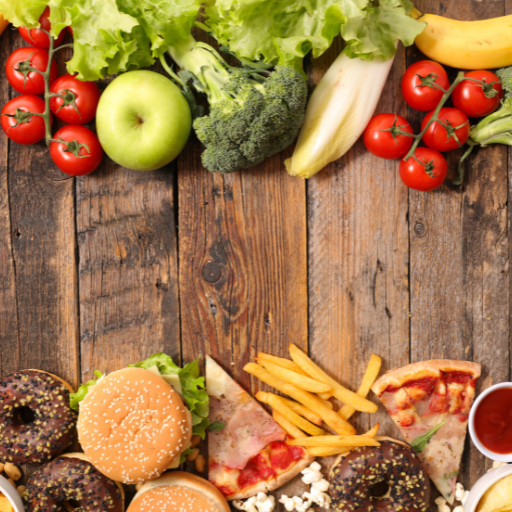In partnership with WebShrink
Have you ever thought about how some foods can hook us like drugs or alcohol? If you’re on the journey to recovery, it’s really important to understand this. Knowing about processed food addiction can help us make better choices and keep our minds healthy.
Why Processed Foods Can Be Tricky
When we talk about recovery, we often think about staying away from drugs or alcohol. But what about the food we eat every day? Foods that are heavily processed and full of fat and sugar can be just as addictive. It’s not just about trying harder to resist them; these foods change the way our brains work.
Remember the famous Lay’s Chips slogan, “Betcha can’t eat just one”? It was a catchy phrase, but it also points to a big problem: how processed foods can be tempting.
Understanding Food Addiction
A study from the University of Michigan found that about one in eight adults might be addicted to processed foods. This means they have strong cravings and find it hard to stop eating these foods, even when they want to. They might even feel grumpy or get headaches when they don’t eat them.
Imagine eating a sweet snack and feeling a rush of happiness. That’s your brain releasing a chemical called dopamine. Processed foods can make your brain release a lot of this feel-good chemical, which can affect your mental health.
Processed Food Addiction and Mental Health
There’s a surprising link between loving processed foods too much and not feeling great mentally. People who don’t feel good about their mental health are three times more likely to be hooked on processed foods.
This makes us wonder: Do processed foods make us feel worse mentally, or does feeling down lead us to eat more of these foods? It’s probably a bit of both, creating a cycle that’s hard to break.
What Can You Do?
Here are five simple tips to help you stay away from processed foods:
- Get to Know Processed Foods: Learn why these foods are addictive and how they affect your body and mind.
- Spot Your Triggers: Figure out what makes you crave these foods and find ways to deal with these triggers.
- Keep Healthy Foods Around: Have fruits, veggies, lean proteins, and whole grains ready when you’re hungry.
- Eat Mindfully: Pay attention to your hunger, eat slowly, and stop when you’re full.
- Seek Support: Surround yourself with friends, family, and professionals who understand and can offer help and encouragement.
Every step toward eating healthier is a step forward in your recovery journey. Your choice to eat better is a big win for you!
For more information visit www.webshrink.com.



